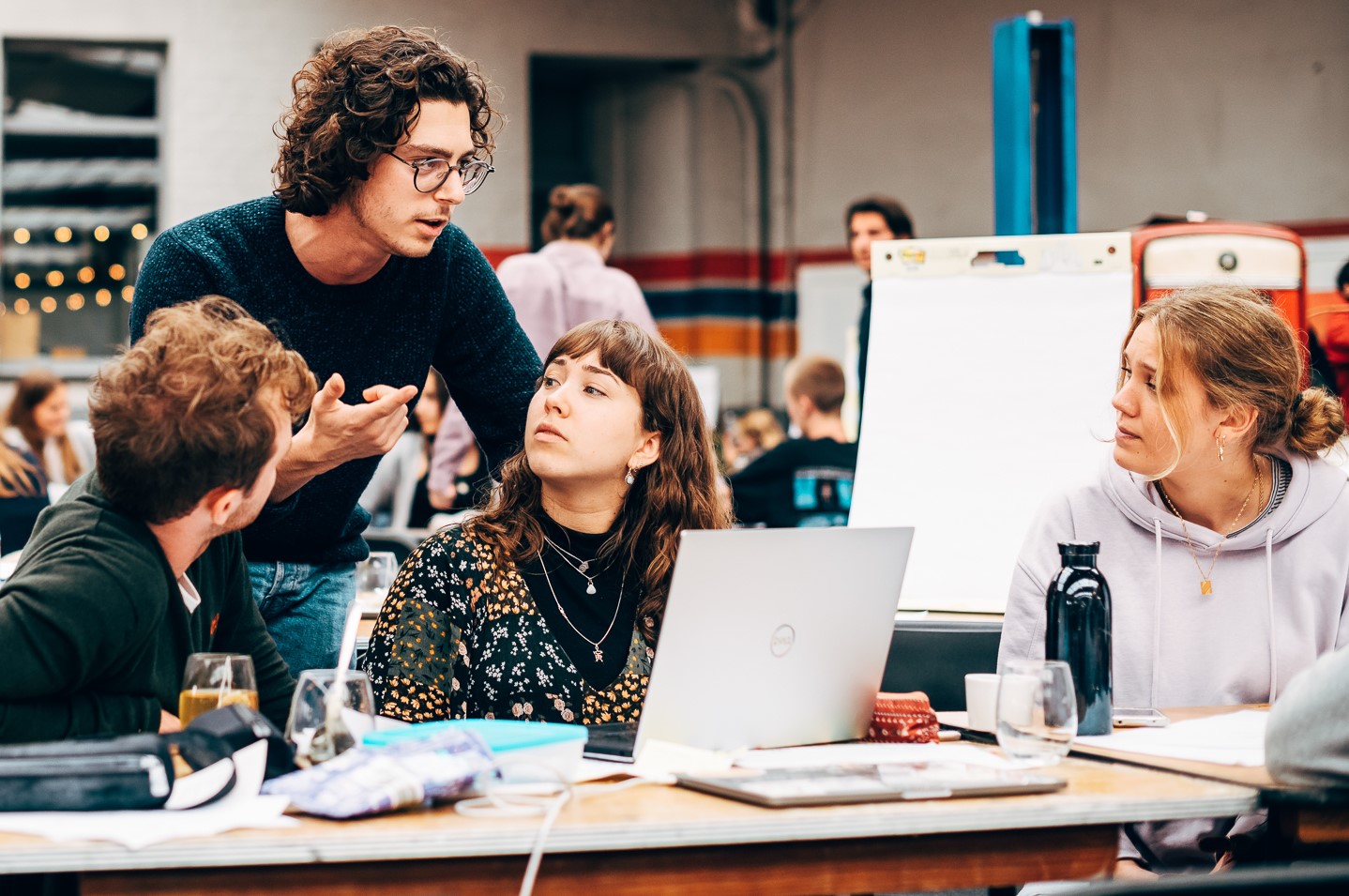We are Circular Flanders
As a successor to Plan C (2006-2012, 2012-2016) and the Flemish Materials Program (2011-2016), Circular Flanders was appointed by the Flemish Government in 2017 to continue and support the circular economy as a region-wide transition priority. The current Flemish Government (2019-2024) confirmed this mandate and expressed its ambition to make Flanders a circular frontrunner by decoupling the material footprint of our consumption from economic growth and reducing it by 30% by 2030.
Circular Flanders is the hub, the inspiration and the matchmaker for the Flemish circular economy. It is a partnership of governments, business and industry, civil society, and the knowledge community taking action together.
How we think
Adapting to changes, creating context for change
At Circular Flanders we recognise that ‘the one thing that never changes is that everything changes’. A premise of collective impact for change is that not all problems are created in the same way – some are simple, some are more complicated and some are really complex. Each type requires a different approach to solving them.
All these years we have focused on system innovation rather than making unsustainable systems more efficient. So we don’t need to keep reinventing ourselves. Moving forward and participating in change ourselves, (re)positioning our support and complementary activities in innovation, and being a bit stubborn, that’s our way forward.
We also find that collective impact is most effective when it builds on what already exists, i.e. recognising current efforts and engaging people and networks, rather than pretending to create a completely new solution from scratch.
What we do
Dedicated to circularity
Circular Flanders is dedicated to promoting the circular economy and how it contributes to solving sustainability challenges – from local to global – such as available and accessible resources, reducing environmental impact, tackling climate change and biodiversity loss, and ensuring a just transition.
There is always the temptation to tackle everything at once and comprehensively. It is therefore important to make choices.
Circular Flanders focuses on sectors that use the most resources and have a high potential for circularity, such as: construction and buildings, chemicals and plastics, manufacturing, bio-economy, food, water and nutrients. This is in line with the EU’s Circular Economy Action Plan (CEAP), one of the main pillars of the European Green Deal. It is also important to make circularity work for people, regions and cities.
